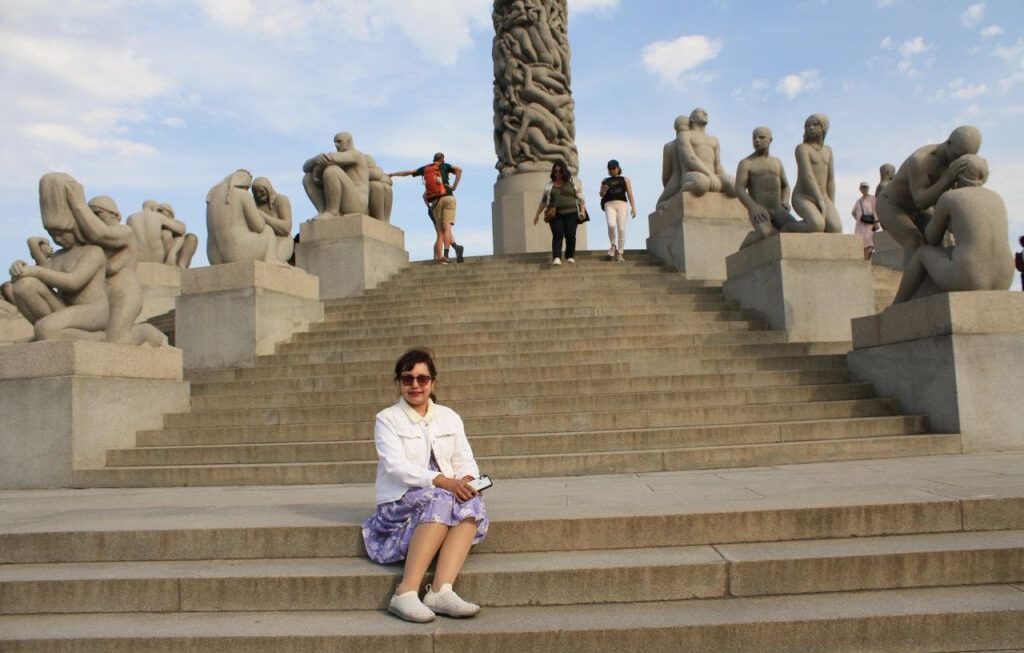All of us experience some kind of culture shock when we travel to a different place. Even when we travel to different states in India, we face different culture shocks as we are a diverse community. This culture shock may not necessarily be negative though as that’s what exploring a new city is about. However, culture shock may lead to various psychological issues such as depression and anxiety.
The term Culture Shock defines as a feeling of confusion and uncertainty, that people may experience when moving to a new country or experiencing a new culture. Culture shock may make you feel homesick, lonely, isolated, lethargic, etc.
Culture shock may hit different people differently. According to research studies, there are four stages of Culture Shock in general.
1. Honeymoon stage :
This stage, as the name suggests, is the euphoric stage. Everything is new and fresh. You get very excited to explore the place, try out its famous cuisine, meet new people, etc. In short, you love everything and are infatuated with every aspect of the city. You try to find similarities between your culture and their culture and try to connect with the local people. This period may last between one month to three months of your stay.
2. Negotiation Stage :
Once the glorious honeymoon stage comes to an end, then comes the negotiation stage. In this, you start to feel a bit frustrated and anxious. Your excitement starts to fade away and even the smallest problem may make you distressed. During this, you experience homesickness and minor physical ailments because of the transition. You slowly realize that the things that actually attracted you to the place don’t seem that attractive anymore.
3. Adjustment Stage :
After the negotiation stage comes the adjustment stage. In this, you finally start accepting your surroundings and start to feel like a part of the community. This usually hits by six to twelve months of your stay and you start getting better at going through your routines. Although you are still facing the same troubles, you are trying to cope with them rationally.
4. Adaptation Stage :
At last, you reach the Adaptation Stage, also known as the Bicultural stage. In this stage, you finally adapt to the conditions of the place you live in and you are living very comfortably. You no longer feel any isolation and anxiety and can easily mingle with the local people and make friends easily. Although different from the honeymoon stage, you still feel a sense of belonging.
Culture shock is pretty common and is part of the experience. But is there any way to tackle this? Definitely yes! But how? Here are some tips to deal with Culture Shock:
- Prepare for it
As we discussed earlier, culture shock is inevitable. Hence you should prepare for it. While researching about the city you want to move into, search about the people, their behaviours, their rituals and customs, etc. Reading blogs or watching travelogues are much helpful to understand more about the place.
- Learn the language
If you are visiting a country where the native language is not your language, (e.g. South East Asia countries, or countries like France, Germany, Bulgaria, etc) try and learn the language of that country, even a few words of courtesy would be fine, to converse with the local. After all, you have to converse with people daily to live there.
- Create your own space
So that you don’t feel like an alien, carry a few things from your homeland to personalise your new home. Things like your favourite cushion, coffee cup, or picture frames can bring the same aesthetics and also put you at ease.
- Be open-minded and explore
Culture shock happens when we see or hear something totally different from what we believe in. But a lot of this can be avoided if you keep an open mind and accept things as it is. Try and open up to new experiences and not hide from them. Explore the place and live the life of a tourist. Of course, your safety comes first and foremost and you should not play with it.
As I mentioned in the introduction, culture shock is not necessarily a bad thing. It is, in fact, a beneficial aspect of your personal development. Experiencing these things will make you a stronger person. It will enable you to come out of your shell and help you tackle problems easily. It will make you an accepting, forgiving and adaptable person and turn you into an exceptional human being. Hence, do not fear being isolated and lonely in a different country and explore the world with enthusiasm.

Author’s bio:
Ashwathi Anoopkumar is a student pursuing her Master’s degree in Mass Communication and Journalism. She has content writing experience of 1.8 years and has written for multiple genres.




